Breaking
- MENU
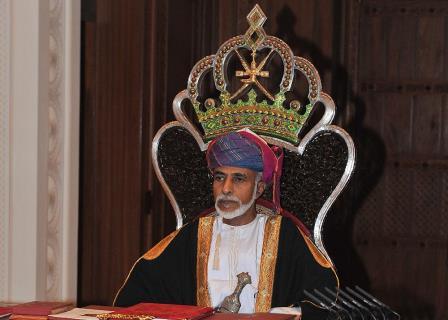
By posthumously bestowing the Gandhi Peace Prize for 2019 upon Sultan Qaboos of Oman, New Delhi seeks to mend some of the diplomatic faux pas committed by previous governments. Over time, India developed such soft power honours to expand its diplomatic footprint. These include having international figures as chief guests for Republic Day celebrations (since 1950) or bestowing the Jawaharlal Nehru Award for International Understanding (since 1965) and International Gandhi Peace Prize (since 1995). There are also non-official awards like the Indira Gandhi Prize for Peace, Disarmament and Development (from 1986) to further Indian interests. Due to political considerations, Bharat Ratna, the highest civilian award (since 1954), was also awarded to Nelson Mandela when India’s citizenship is the criteria.
However, something is common to all these soft power efforts. There is no regularity, frequency and even announcement timing. Inertia and inefficiency meant that these awards are often not announced on a fixed schedule; the recent Gandhi Peace Prize (also posthumously to Sheikh Mujibur Rahman of Bangladesh), for example, was announced on March 22, a less important date than October 2 or January 30. The same holds for prizes named after Nehru and Indira Gandhi.
There are further twists in the award to the Sultan of Oman. Since deposing his father in July 1970, Qaboos followed an unconventional policy. Not swayed by regional flag-waving rhetoric, he navigated a course of action that gradually came to mark a distinct Omani style. Qaboos was indifferent to regional moods on a host of issues: When the entire Arab world boycotted and isolated Egypt over the peace agreement with Israel, Oman maintained diplomatic relations with Cairo; as its Gulf Arab neighbours supported Saddam Hussein during his eight-year war with Iran, Oman stayed neutral; while some monarchies were scheming against the Islamic Republic, Oman was maintaining channels of communications with Tehran; and during the recent crisis within the Gulf Cooperation Council (GCC) over Qatar, Muscat stayed neutral. Indeed, Qaboos’ diplomatic acumen was key to the Obama administration clinching the nuclear deal with Iran in 2015.
Prime Minister Narasimha Rao was the first Indian leader to recognise Sultan Qaboos as a visionary and champion of regional peace and stability, especially in the post-Cold War international order. In June 1993, Muscat became the first Middle Eastern capital to host Rao. Three months earlier, junior petroleum minister Captain Satish Sharma signed two MoUs with Oman in the energy sector; one, to lay a US$ 4.5 billion 1,450 km sub-sea gas pipeline from Oman to India and the other for setting up two oil refineries in India. This was India’s first long-term energy security strategy and took place more than a decade before similar moves vis-a-vis Iran and Saudi Arabia.
Rao’s visit was followed by that of President Shankar Dayal Sharma (who incidentally taught Sultan Qaboos in Pune) in 1996 and the visit of Qaboos himself the following year. As with Singapore in Southeast Asia, Rao prioritised Oman over others, as countries’ importance rests on their strategic significance, not just their territorial or economic size. However, a significant segment of the establishment and elite were not happy with Rao giving ‘undue’ importance to ‘smaller countries’. Three decades later, one can realise the role played by Singapore in enhancing India’s position, influence and status in the larger Indo-Pacific. Oman, however, could not emulate the Singapore model and emerge as India’s strategic partner in the Gulf. In the post-Rao era, the mandarins settled for ‘bigger’ powers and ignored Qaboos’ diplomatic acumen.
However, towards cementing the bilateral ties, the UPA government named Qaboos as the Jawaharlal Nehru Award recipient for 2004; but this honour was never formally presented to the Sultan due to scheduling difficulties, especially following the outbreak of popular protests in several Arab countries in 2011 and later on due to the Sultan’s health conditions. To signal Oman’s importance in its diplomatic calculations, India sought to invite Sultan Qaboos as the chief guest for the Republic Day celebrations in 2013, but this never happened. Though media reports suggested ‘scheduling difficulties’, those following Oman closely attribute this to ‘personal tensions’ with the Omani foreign ministry. Hence, Bhutanese King Jigme Khesar Namgyal Wangchuk became the last-minute replacement for 2013.
Meanwhile, during his visit to the Sultanate in February 2018, Prime Minister Narendra Modi met the ailing Sultan and discussed a host of regional issues and concerns. But given his antipathy towards Congress leaders past and present, the prime minister did not personally hand over the Nehru Award to Qaboos. Hence, the Jawaharlal Nehru Award for 2004 continued to languish in some corner of the South Block.
In some ways, the posthumous Gandhi Peace Prize award to Sultan Qaboos should partly overcome the mishandling of the Nehru Prize and Republic Day honours to a true friend and ally of India. This, however, depends upon India not backsliding on its diplomatic efforts vis-a-vis Muscat. The late Sultan Qaboos continues to remind us of the need to harness soft power tools more efficiently, lest one squanders their usefulness.
Note: This article was originally published in The New Indian Express on 2 April 2021 and has been reproduced with the permission of the author. Web Link
As part of its editorial policy, the MEI@ND standardizes spelling and date formats to make the text uniformly accessible and stylistically consistent. The views expressed here are those of the author and do not necessarily reflect the views/positions of the MEI@ND. Editor, MEI@ND: P R Kumaraswamy
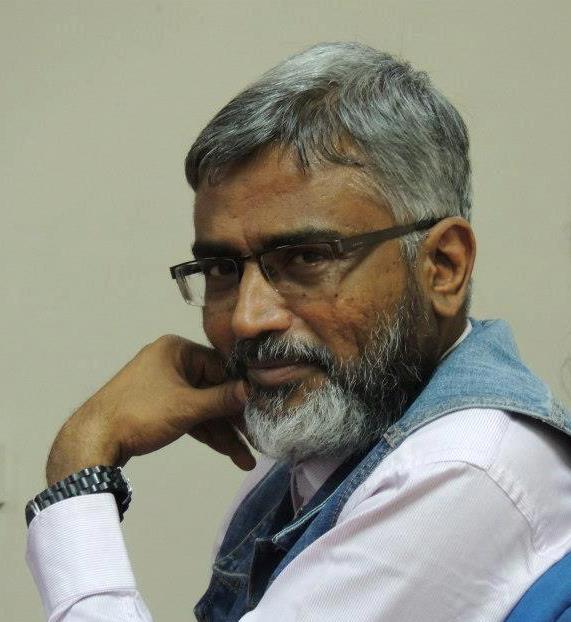
Professor P R Kumaraswamy is Honorary Director of MEI@ND.
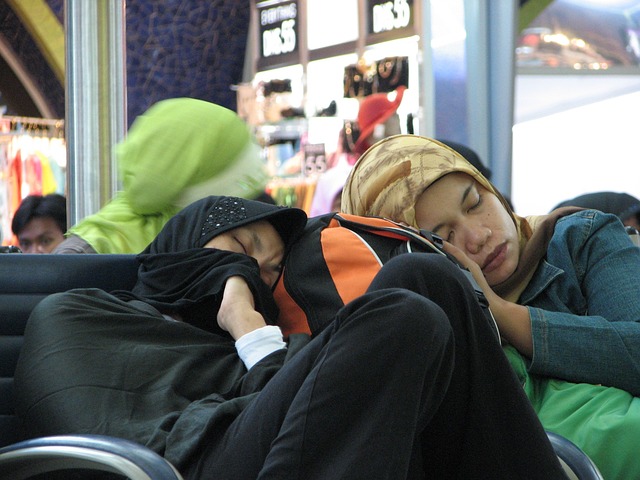
When peace is viewed as ‘surrender’, there is little one can accomplish. Without an effe.....
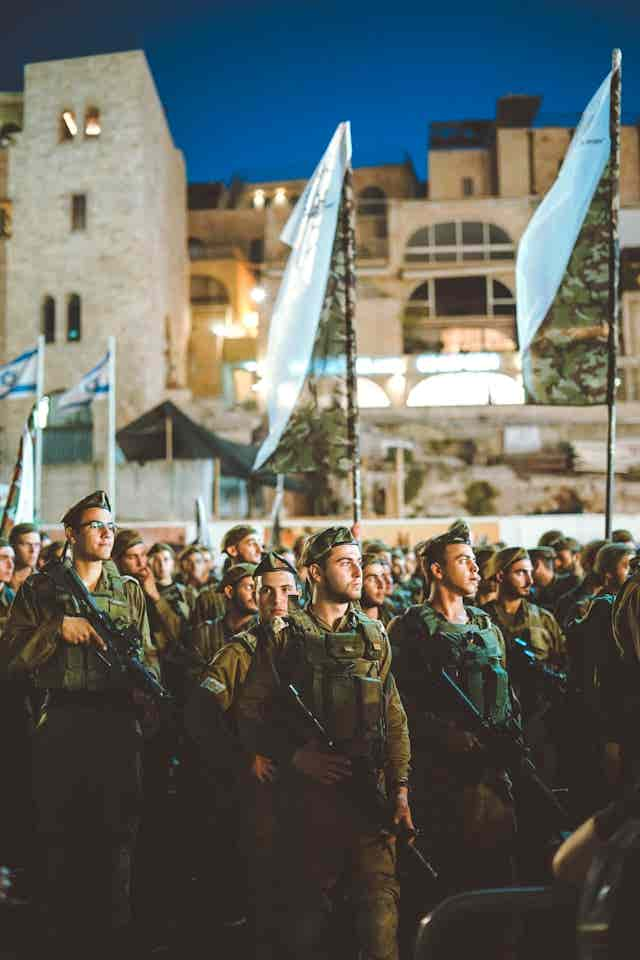
The magnitude of the missile attack on Israel carried out by Iran in the early hours of Sunday was u.....
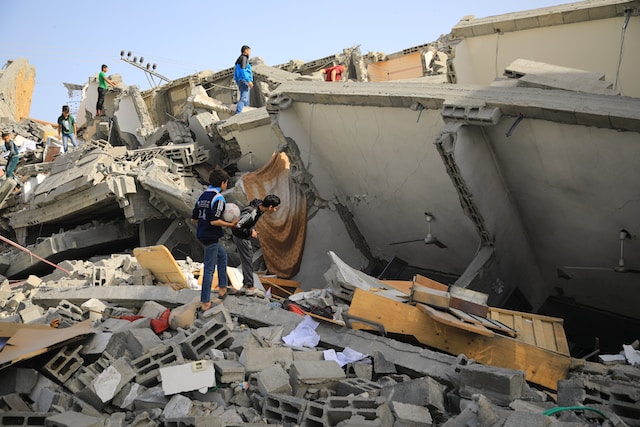
While the details are still emerging, the Hamas attacks from the Gaza Strip on Saturday were well pl.....
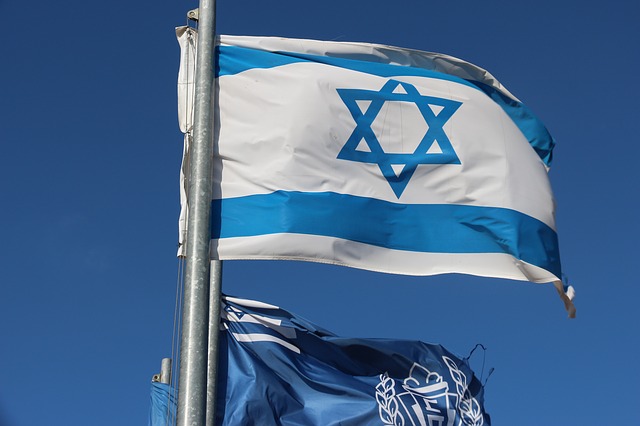
The Libyan controversy reminds us of the more significant problem facing Israel. While the scale and.....
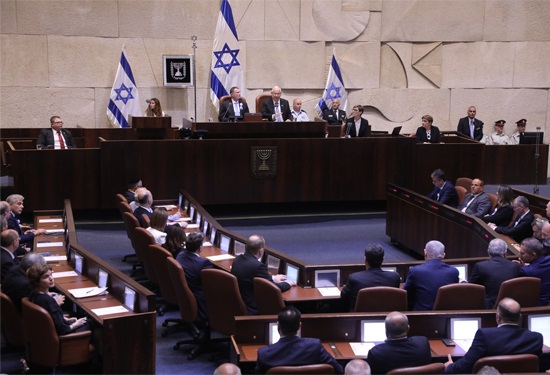
64-0! It should be an impressive vote in any country, especially in Israel, where a simple parliamen.....
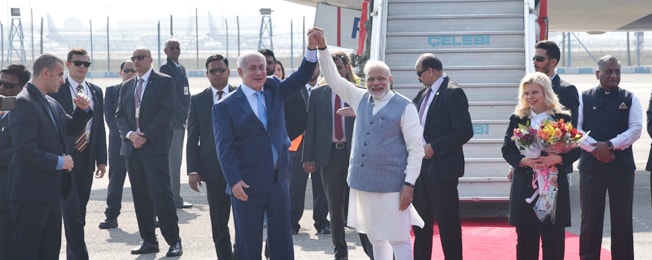
King Bibi is back! After one year in the Opposition, Benjamin Netanyahu, a close friend of Prime Min.....
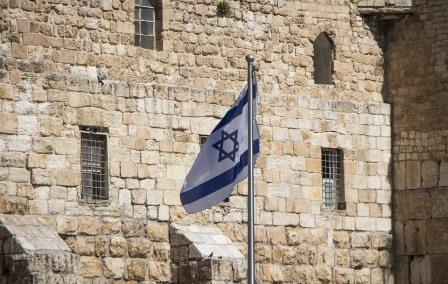
Political instability is an integral and inseparable part of Israel’s landscape. For the fifth.....
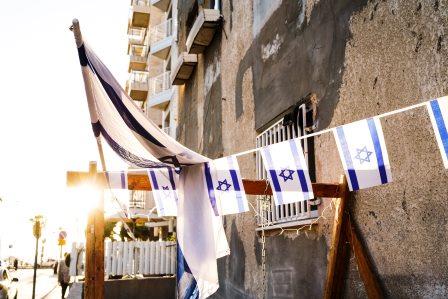
Even by the Israeli standard of coalition fragility, the Bennett-Lapid government, which completed o.....
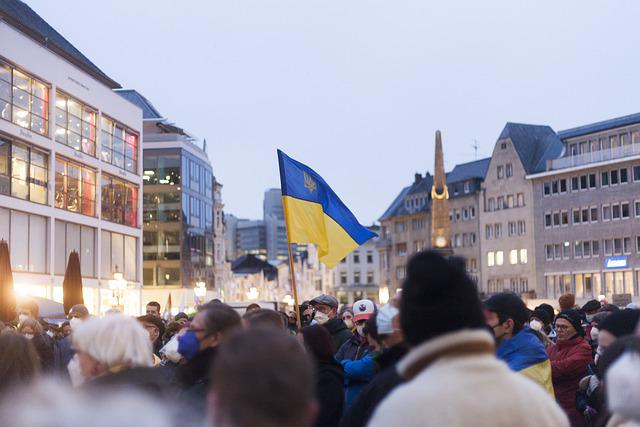
Soon to enter its fourth month, the Russian invasion of Ukraine has made irreversible damages to glo.....
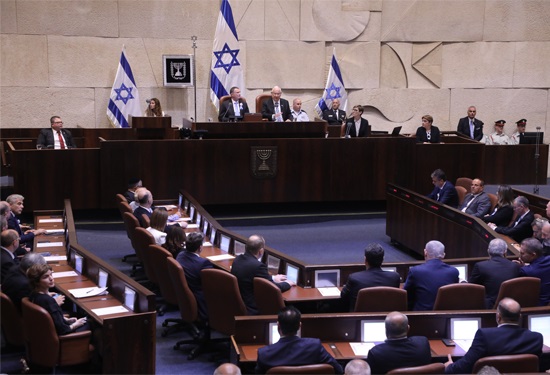
The visit of Israeli Prime Minister Naftali Bennett to India scheduled for last week had to be cance.....
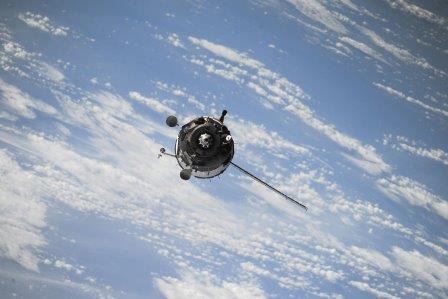
The drone attack on Abu Dhabi on Monday (January 17) by the Houthi rebels marks a major escalation o.....
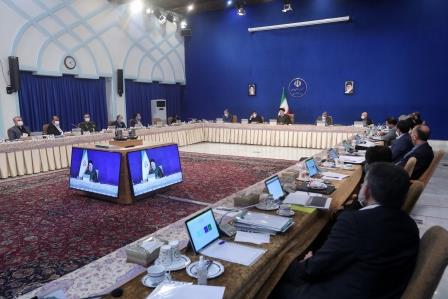
Of late, Israel-Iran shadow-boxing has been getting ominous. If Israel’s diplomatic offensive .....
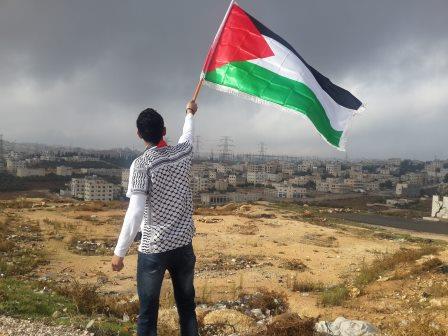
In early November, Moscow hosted Mohammed Dahlan, a former right-hand man of Palestinian leader Yass.....
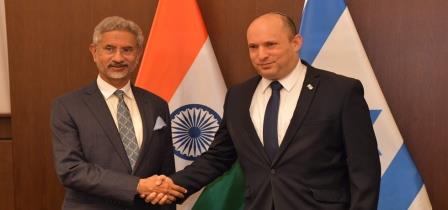
Nearly three decades after Prime Minister P V Narasimha Rao broke from the past and normalised relat.....
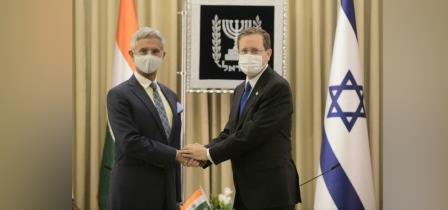
Earlier it was Pakistan and now China. So whatever India does and does not do externally has to be l.....
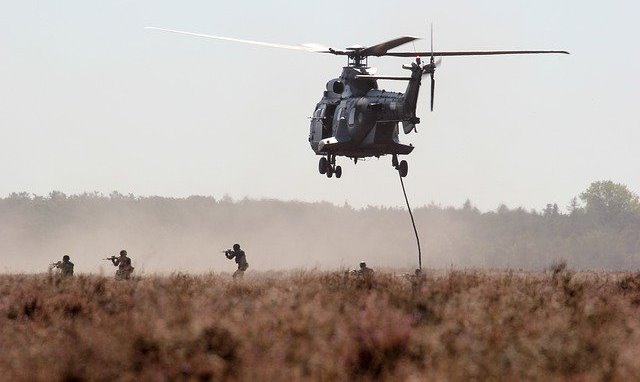
In several ways, the Taliban takeover of Afghanistan can be a game-changer in India’s worldvie.....
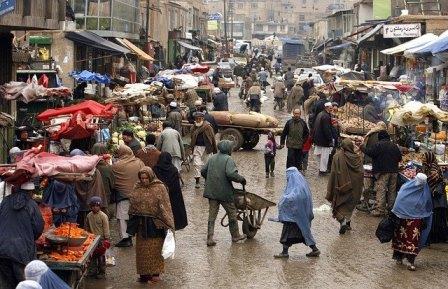
The Taliban takeover and its fallout exposed the limited diplomatic space for India in its immediate.....

Given the travel restrictions, local lockdown and sluggish economic revival, that over three lakh pe.....
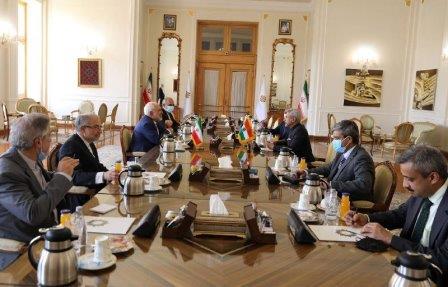
Since 2005, some critical decisions over Iran have been taken by the MEA’s US Division. So que.....
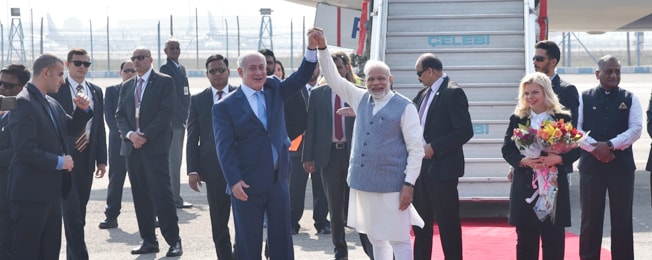
“Bibi dethroned”. This is the expression used in the Israeli media to describe the forma.....
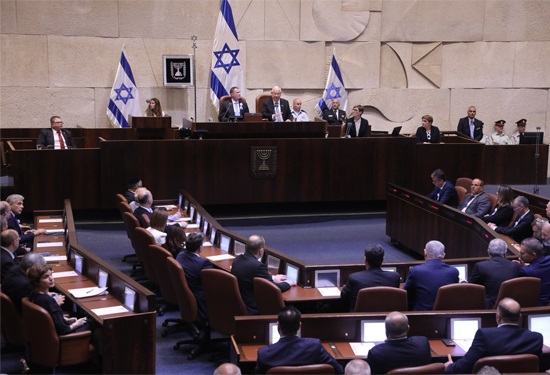
Despite having a woman prime minister in Golda Meir, female political representation in Israel has n.....
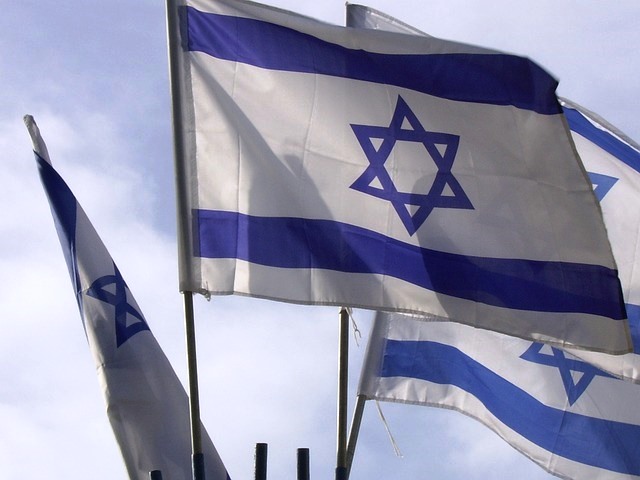
The most interesting aspect of the new Bennett-Lapid government in Israel is the emergence of Mansou.....
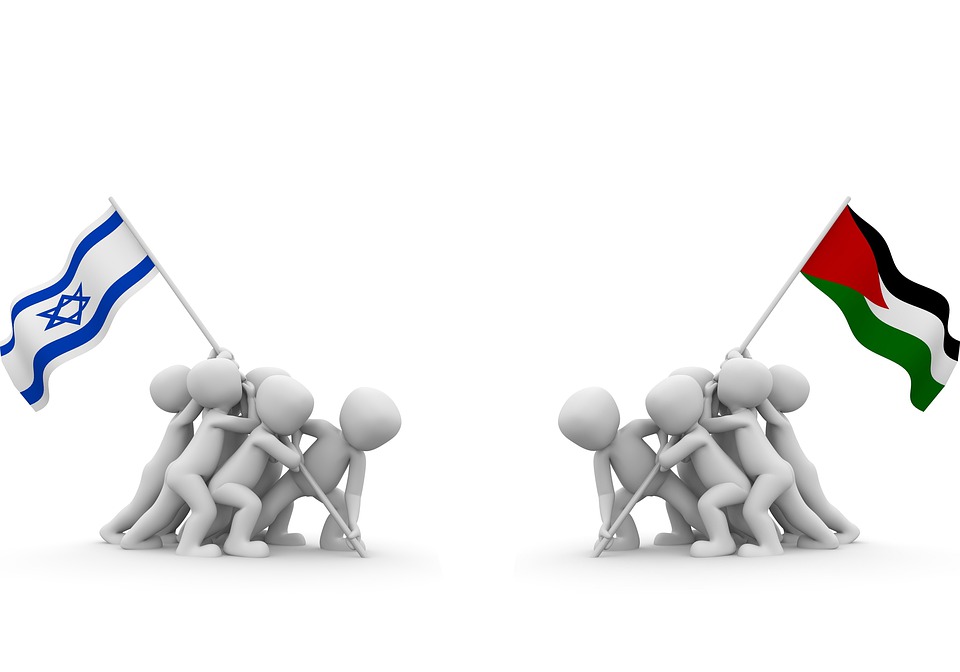
When it comes to mediating international crises, India’s track record is a mixed bag. In recen.....
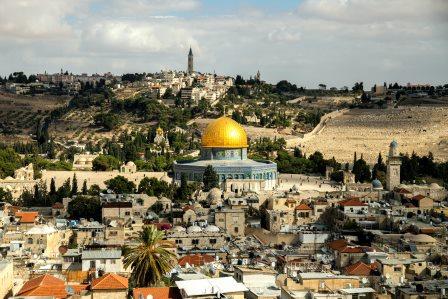
Going by the Israeli media, it is clear that the arm-twisting by the Biden Administration forced the.....
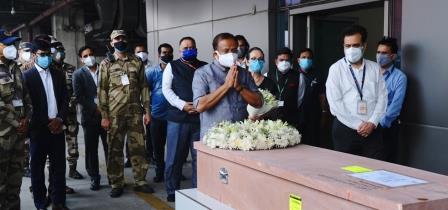
Indeed, Hamas is better placed today than it was in January 2006 and the current round of violence i.....
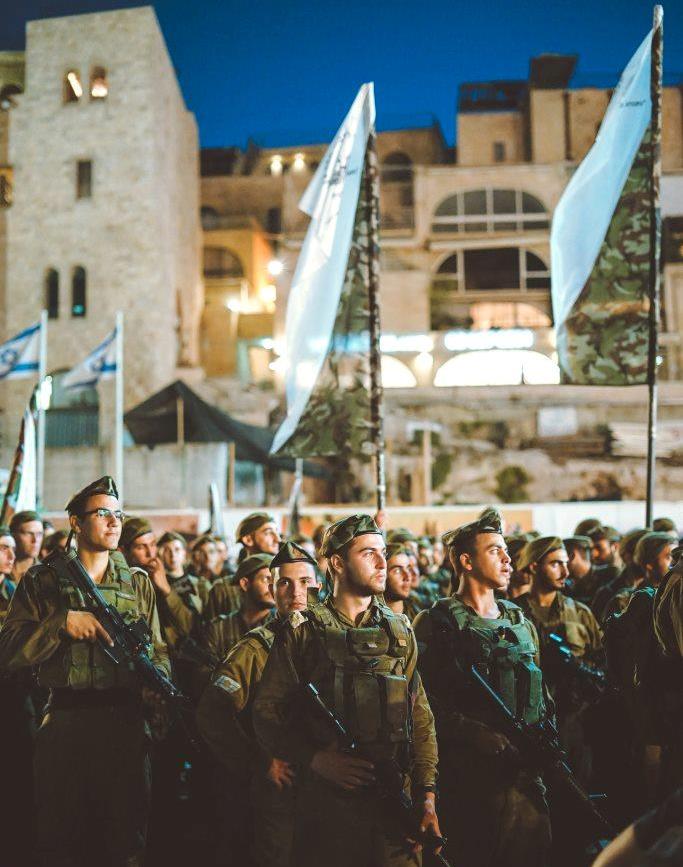
While the international community wants de-escalation and an early end to the conflict, the chances .....
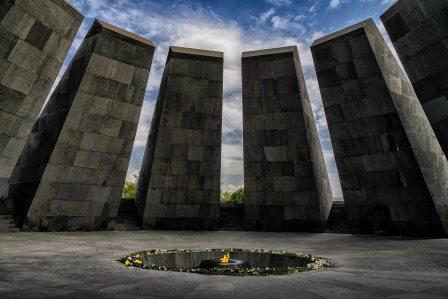
Ending the past silence, US President Joe Biden marked the Armenian Genocide Remembrance Day of Apri.....
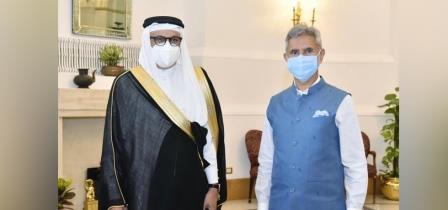
The visit of Foreign Minister of Bahrain Abdullatif bin Rashid Al Zayani to India during 6-8 April r.....
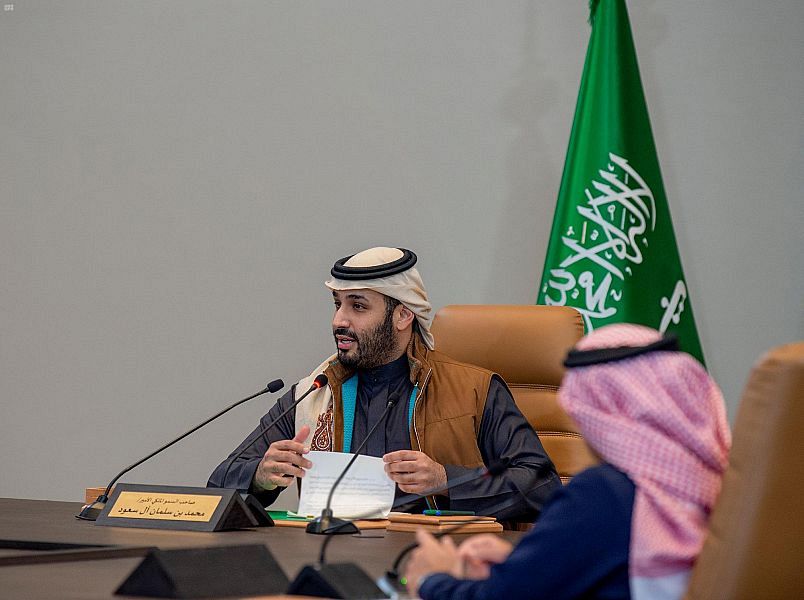
Much to the displeasure and discomfort of Saudi Crown Prince Mohammed bin Salman (more widely known .....
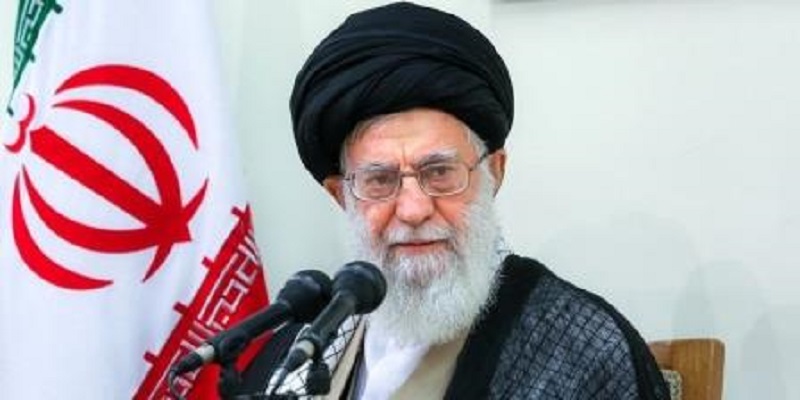
The nomination of Robert Malley, a veteran hand in Washington policy circles, as the Special Envoy f.....
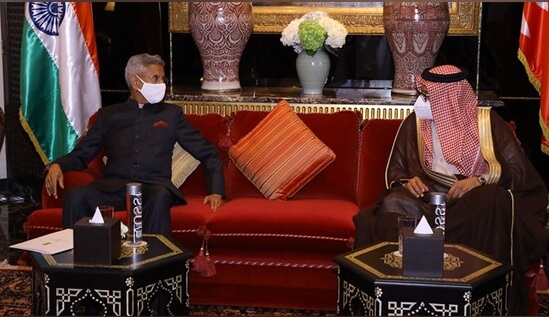
The two-day visit of External Affairs Minister S Jaishankar to the United Arab Emirates last week is.....
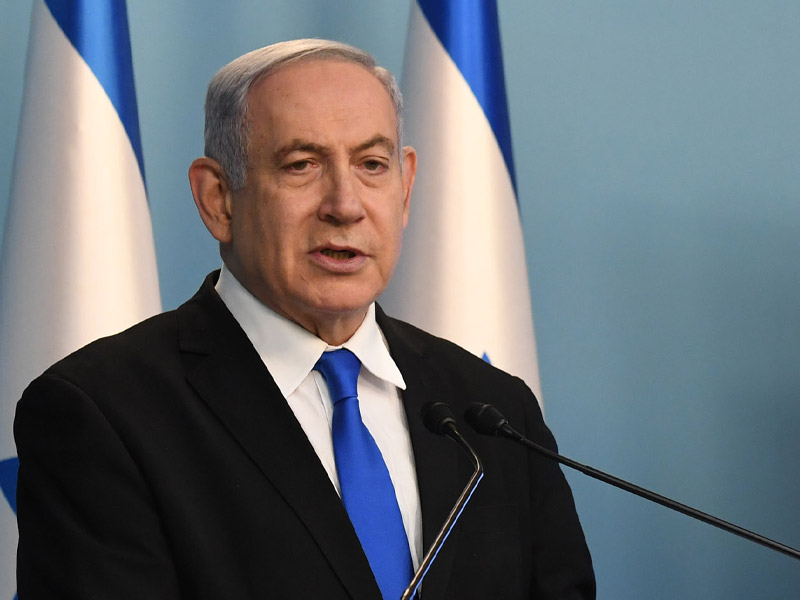
United Arab Emirates’ (UAE) decision to normalise relations with Israel is the most dramatic e.....
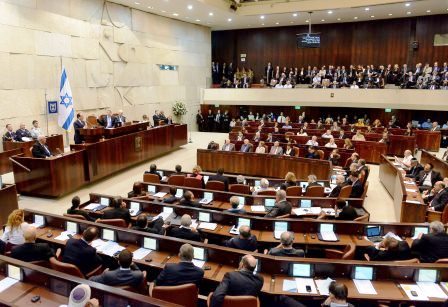
Declaring victory moments after the polling ends has become the hallmark of Benjamin Netanyahu; and .....
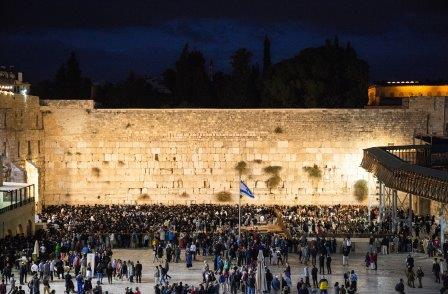
Israel went to polls for the 23rd Knesset on 2nd March. The third parliamentary elections within one.....
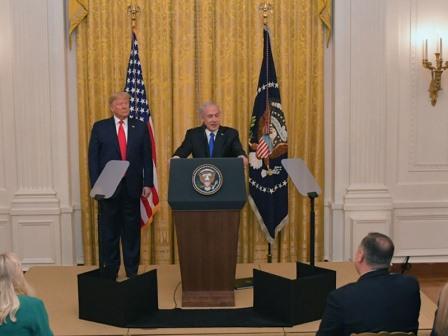
With possible removal from office hanging over their heads, US President Donald Trump and Israeli Pr.....
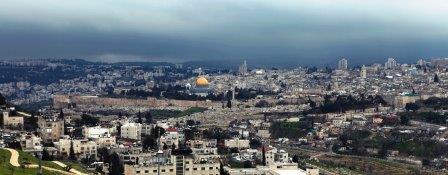
US Secretary of State Mike Pompeo’s sudden and unexpected announcement regarding Israeli settl.....
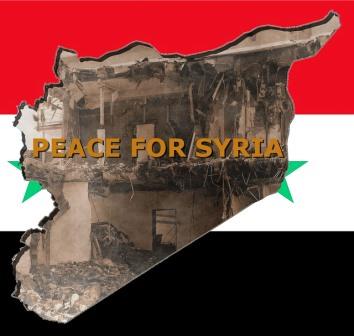
US President Donald Trump’s decision on imposing sanctions on Turkey has rocked the ever-turbu.....
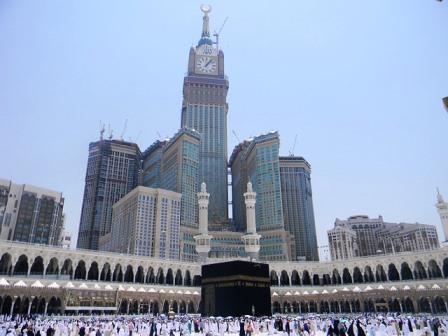
Prime Minister Narendra Modi’s two-day visit to the Kingdom of Saudi Arabia this week highligh.....
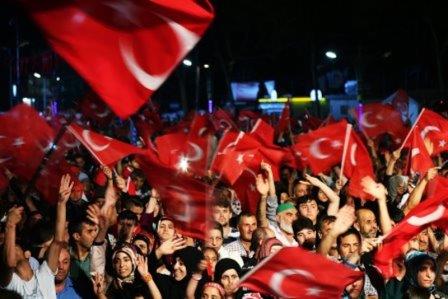
Prime Minister Narendra Modi's reported decision to postpone a planned visit to Turkey comes a c.....
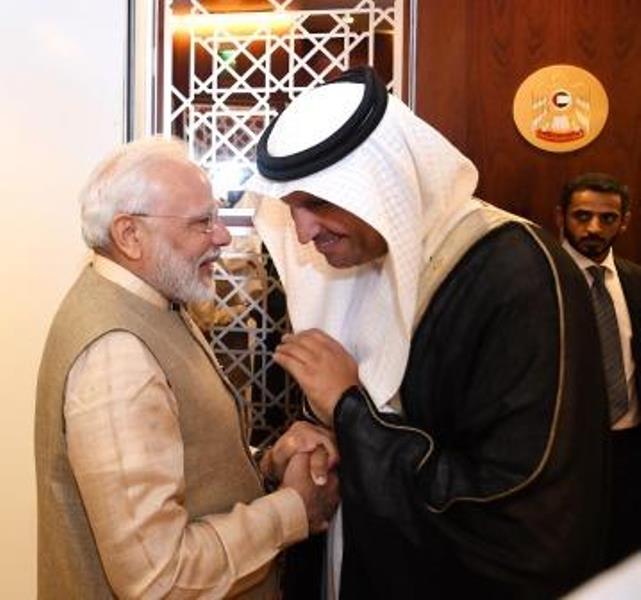
With the sole and notable exception of Pakistan, India's relations with the wider Islamic world .....
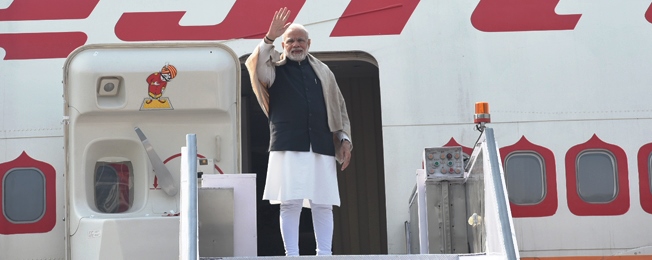
For a long time, India’s relationship with its extended neighbourhood in the Persian Gulf was .....
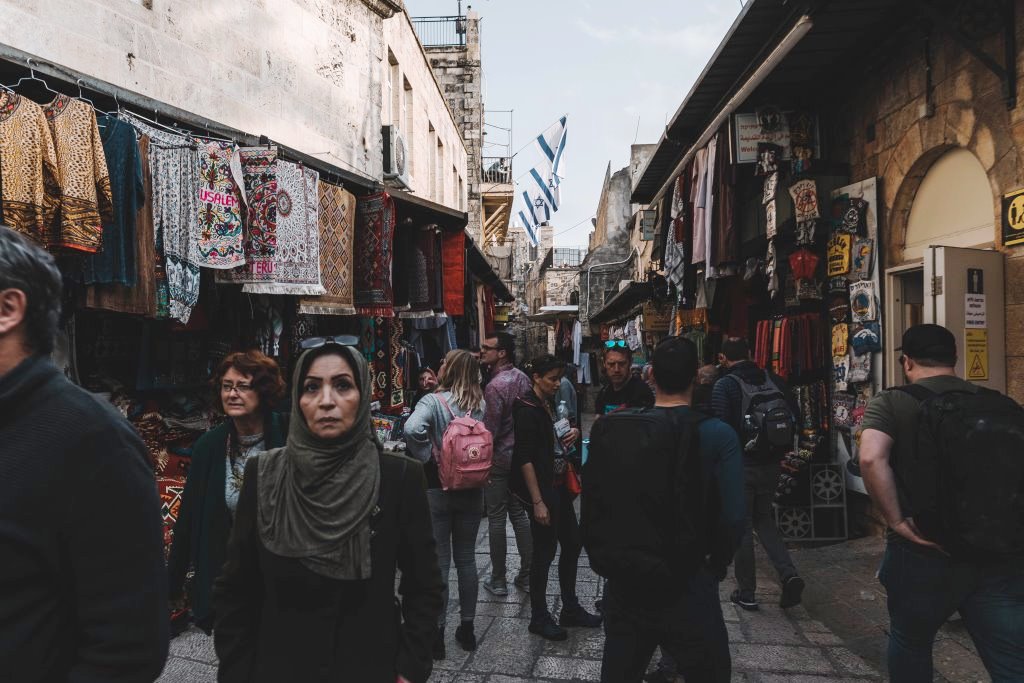
The Israeli legislative or Knesset election last week has turned out to be a rerun of the 9 April on.....
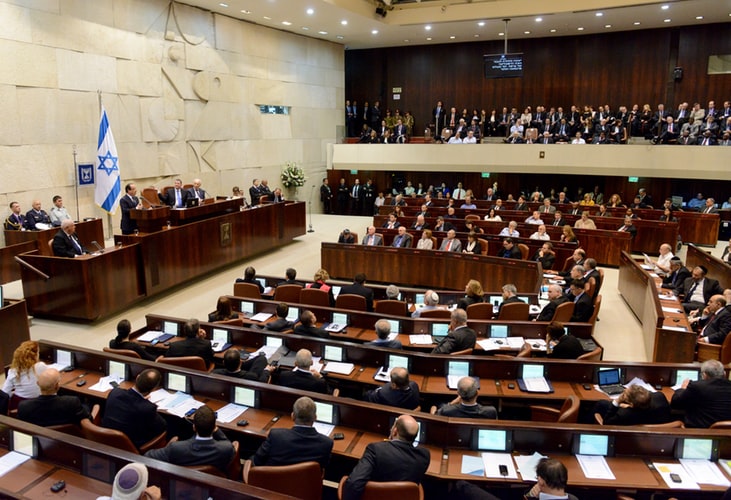
Will 2019 see a third Knesset election? This question is going rounds in Israel as it faces the seco.....
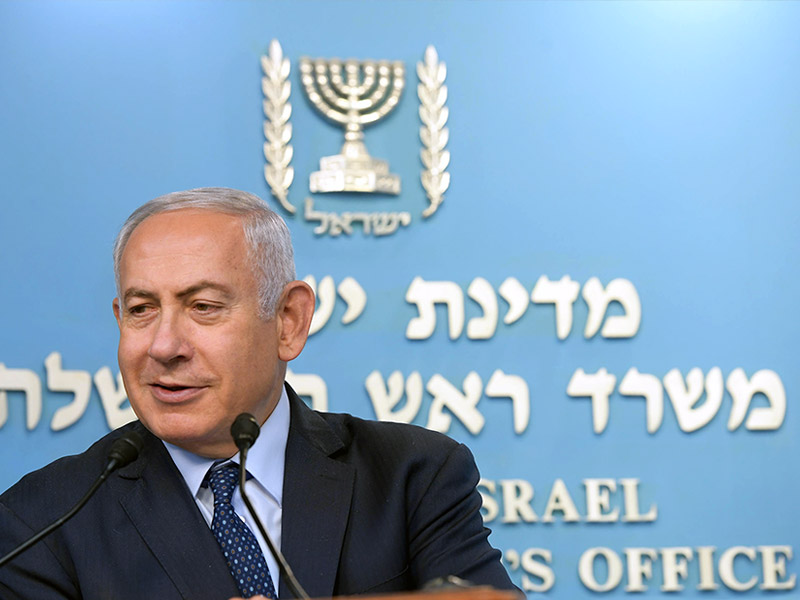
When he called Indian Prime Minister Narendra Modi to congratulate on his re-election with a landsli.....
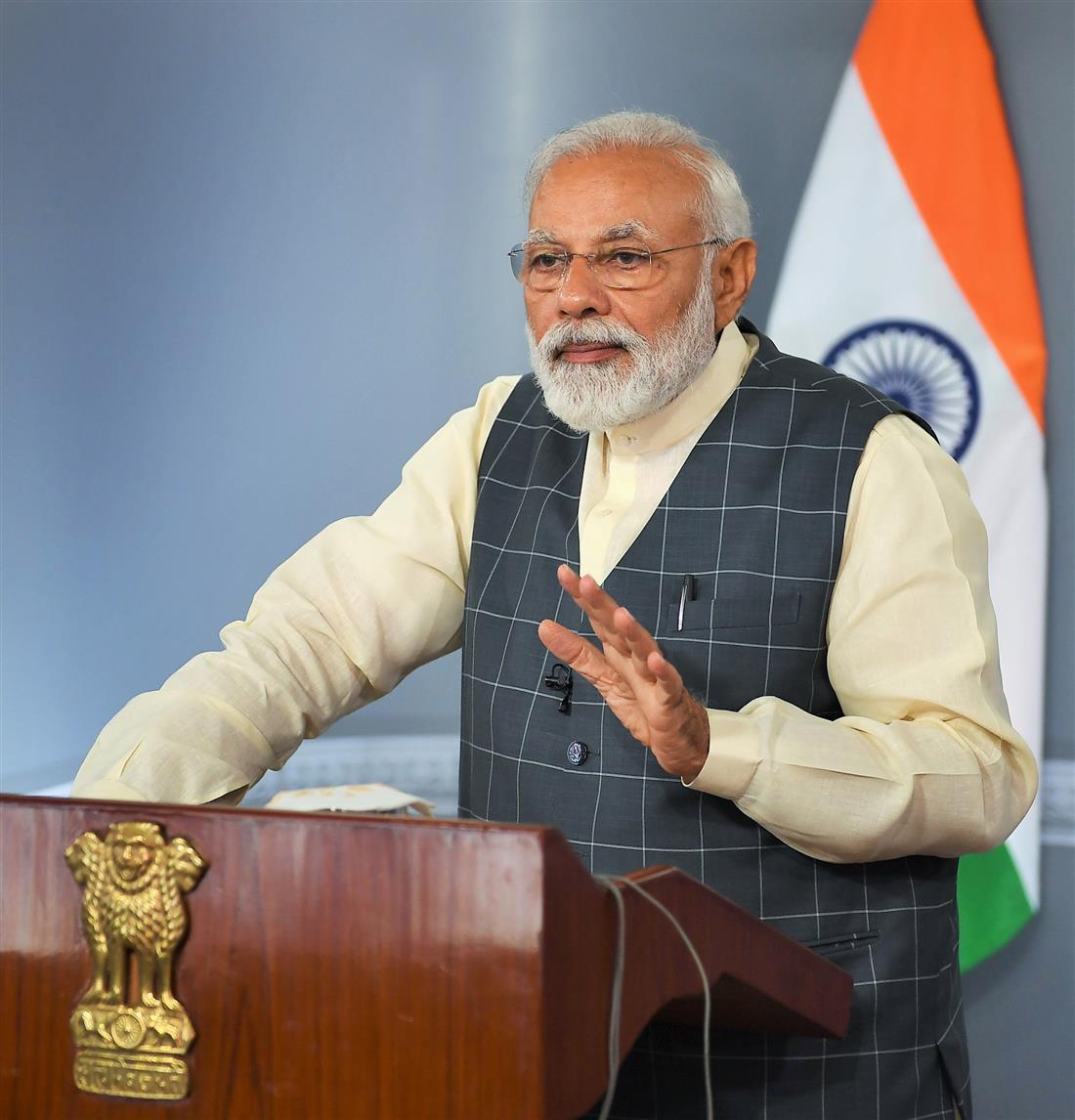
The resounding re-election of Prime Minister Narendra Modi is a blessing for India's relat.....
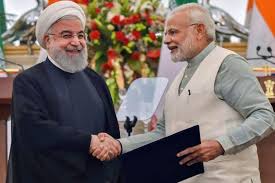
Iran is back in the news and for all the wrong reasons. It has been the unnecessary third .....
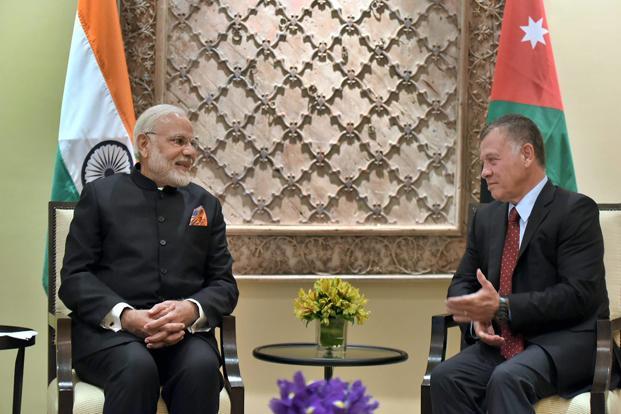
During the close to a century of its existence, the Hashemite Kingdom of Jordan has been, as former .....

In their eagerness to focus on and flag the de-hyphenation of the traditional Israel-Palestinian bin.....
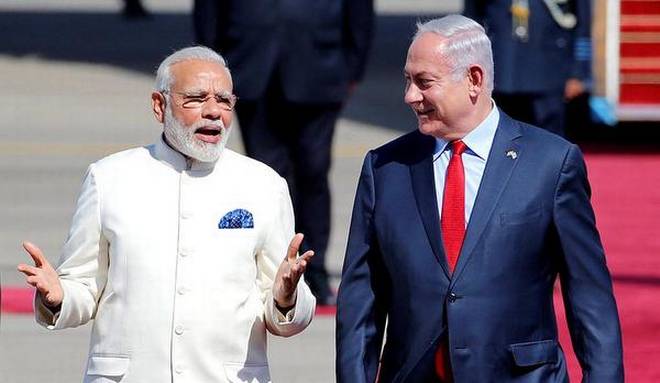
In the closely scrutinised India-Israel relationship, there is little in the public domain that rema.....
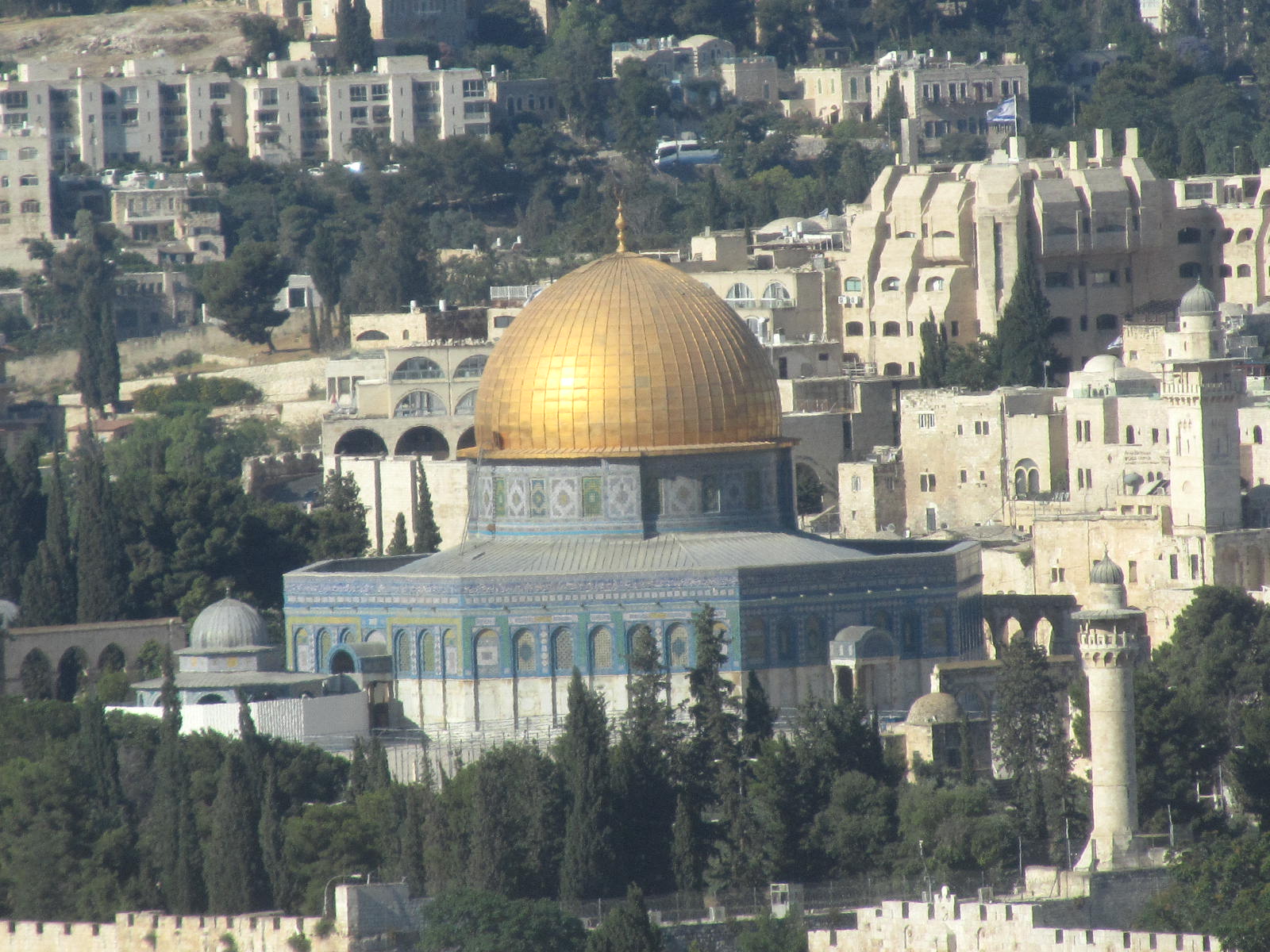
You know what, it will go to the dustbin’ my articulate friend was blunt, brutal but.....
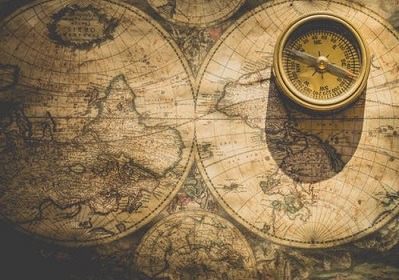
Balfour Declaration, A Century Later If one were to make a list of the most influential.....
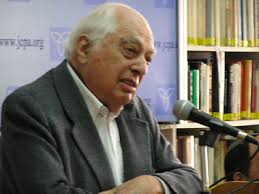
Professor Bernard Lewis—a towering personality on the Middle Eastern academic landscape—.....
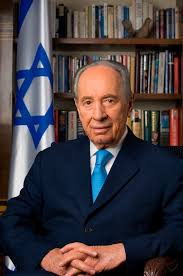
B orn in Poland on 2 August 1923, Szymon Persk who later Hebraised his name as Shimon Peres was the leader.....
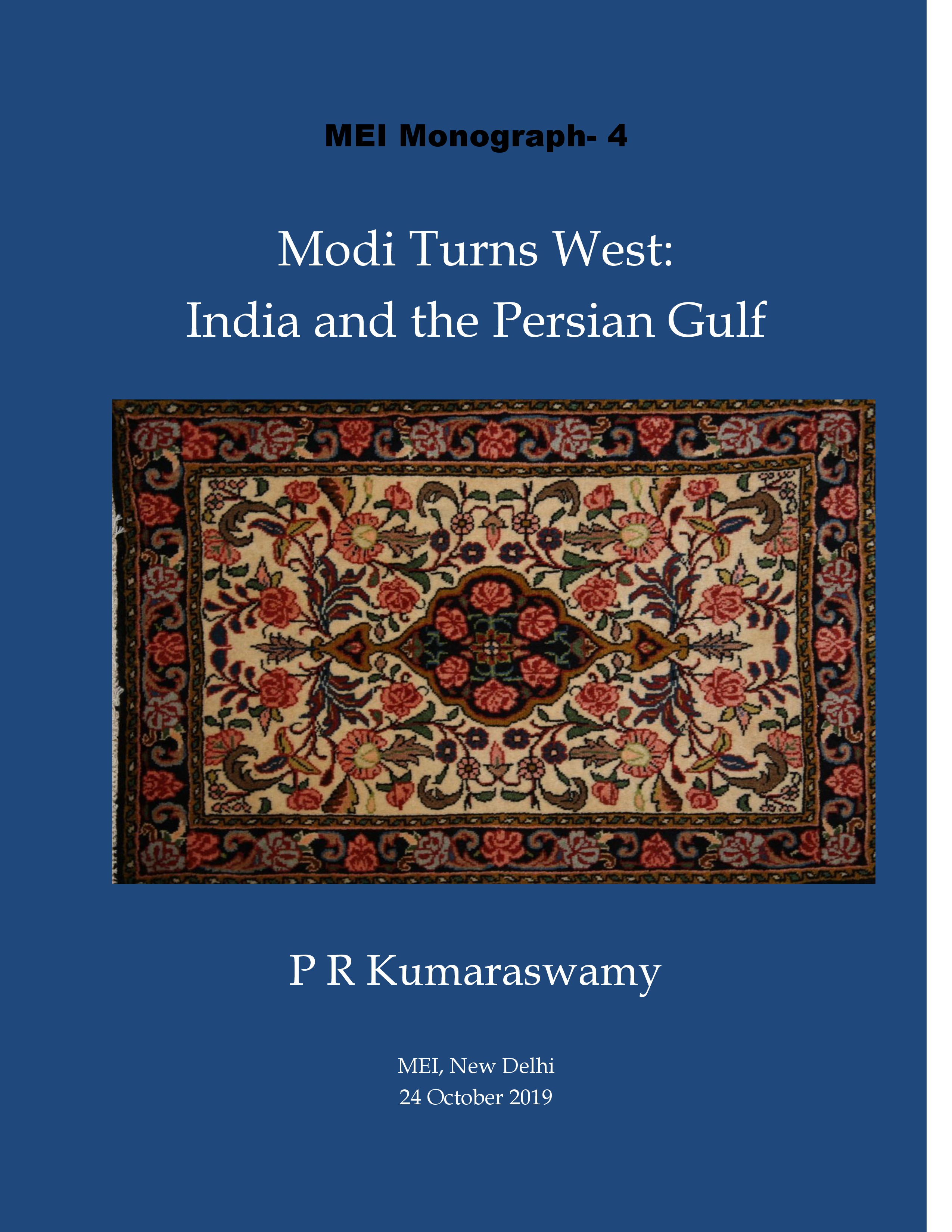
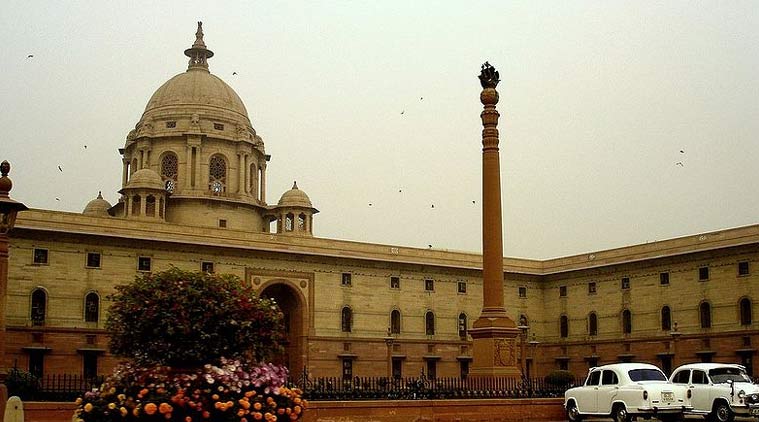
W hat What began as a protest by a marginalized vegetable vendor in Sidi Bouzid in Tunisia soon spread lik.....
